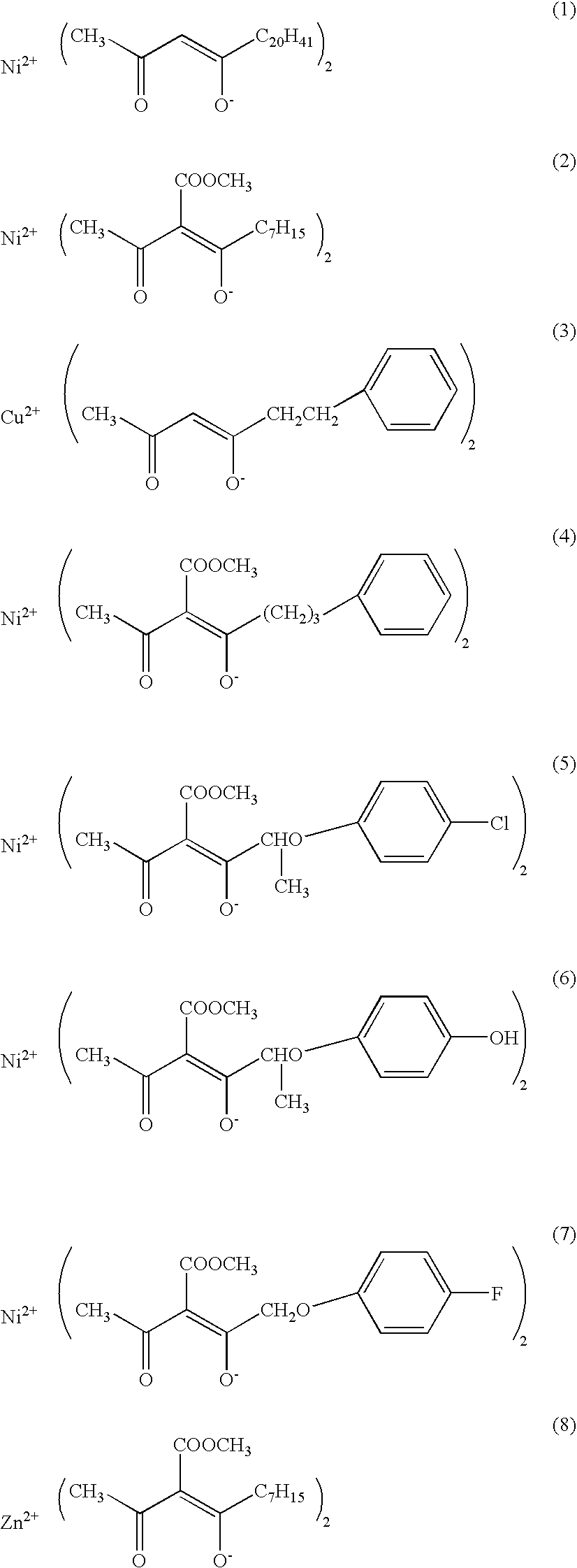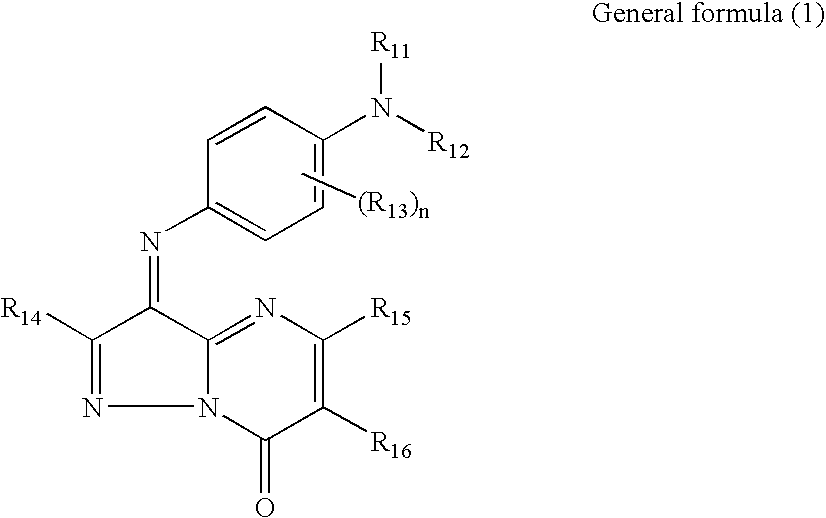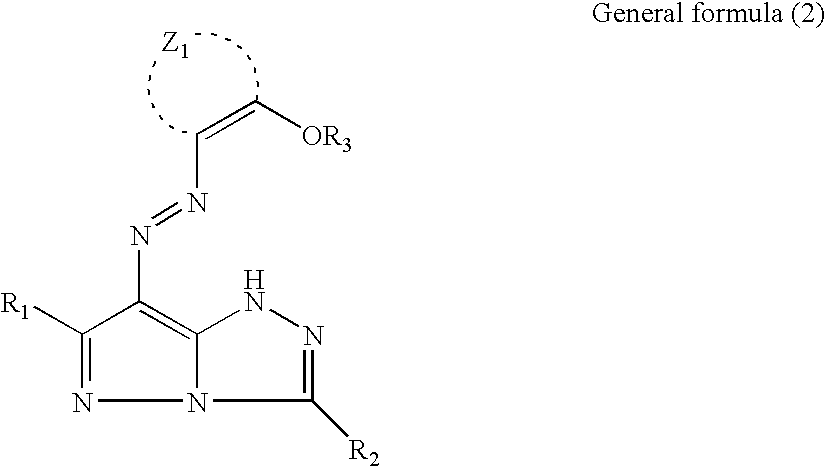Thermal transfer image receiving sheet and manufacturing method of thermal transfer image receiving sheet
a technology of thermal transfer and receiving sheet, which is applied in the direction of diffusion transfer process, instrumentation, etc., can solve the problems of low percentage of binder, inability to avoid irregular surface smoothness or reduction in layer strength, etc., to achieve uniform printing and high density printing characteristics
- Summary
- Abstract
- Description
- Claims
- Application Information
AI Technical Summary
Benefits of technology
Problems solved by technology
Method used
Image
Examples
examples
[0292]The following describes the specific examples of the present invention with reference to embodiments, without the present invention being restricted thereto:
[0293]>
[0294][Manufacturing the Thermal Transfer Image Receiving Sheet 1]
[0295]The heat insulating layer coating solution 1 was coated on the bond paper having a basis weight of 101 g / m2 so that the solution would be 3.5 g / m2 in terms of dry weight as a solid. In this case, the heat insulating layer coating solution 1 comprised 70 parts of hollow particles of thermally expansive plastic substances with shell walls (Matsumoto Microsphere F-30 by Matsumoto Yushi Co., Ltd.) having a softening point of 80 through 85 degrees Celsius; and 30 parts of polyvinyl alcohol. It was dried at 120 degrees celsius for 1 minute to form the heat insulating layer. The thermally expansive plastic substances expanded 30 through 70 times when dried by heat. The intermediate layer coating solution 1 composed of polyvinyl alcohol was coated on th...
PUM
| Property | Measurement | Unit |
|---|---|---|
| diameter | aaaaa | aaaaa |
| thickness | aaaaa | aaaaa |
| shrinkage | aaaaa | aaaaa |
Abstract
Description
Claims
Application Information
 Login to View More
Login to View More - R&D
- Intellectual Property
- Life Sciences
- Materials
- Tech Scout
- Unparalleled Data Quality
- Higher Quality Content
- 60% Fewer Hallucinations
Browse by: Latest US Patents, China's latest patents, Technical Efficacy Thesaurus, Application Domain, Technology Topic, Popular Technical Reports.
© 2025 PatSnap. All rights reserved.Legal|Privacy policy|Modern Slavery Act Transparency Statement|Sitemap|About US| Contact US: help@patsnap.com



